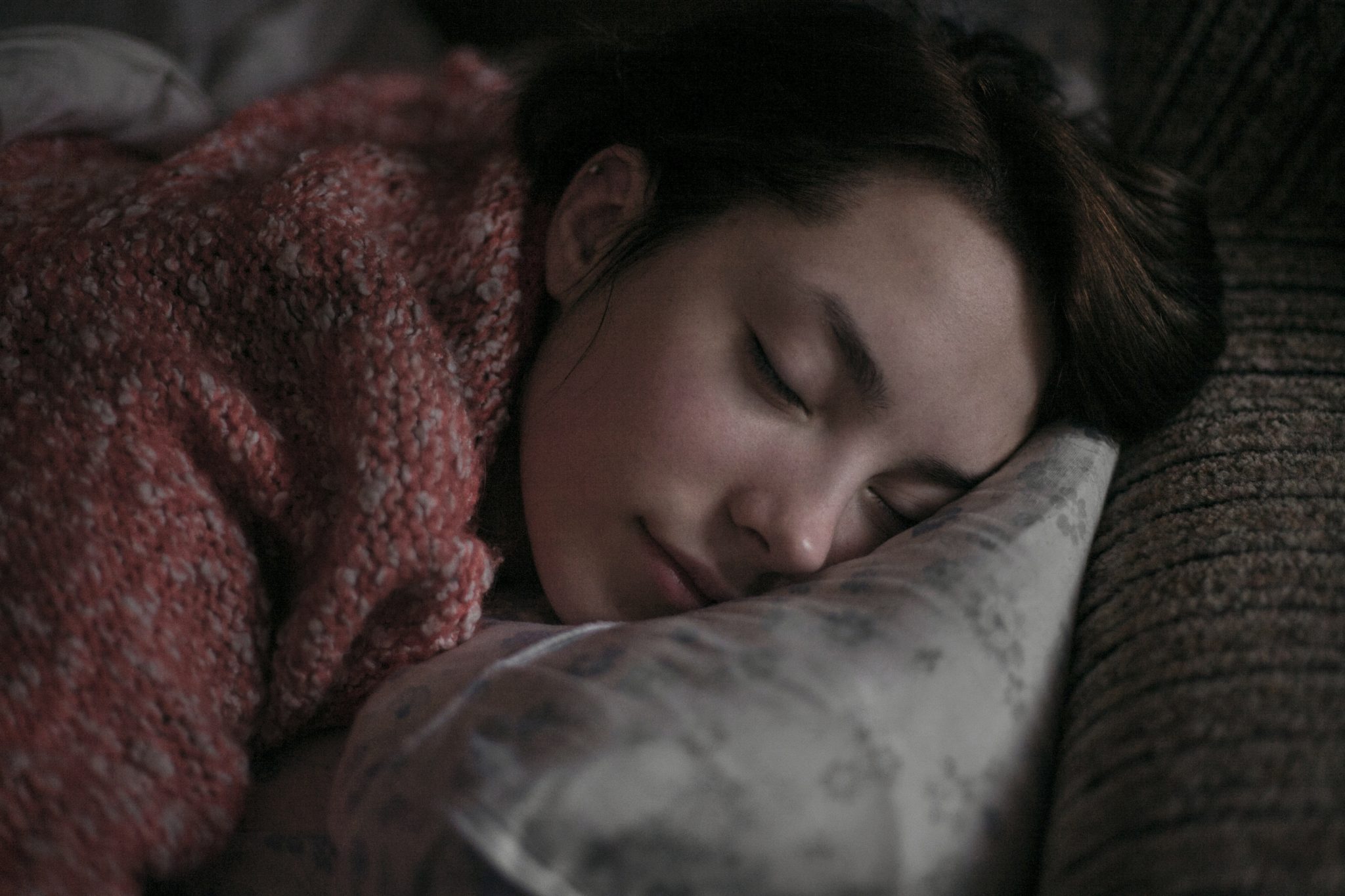Health

 During these uncertain times, people may be skimping on sleep. And, in the long run, sleep deprivation can take a toll on your health.
During these uncertain times, people may be skimping on sleep. And, in the long run, sleep deprivation can take a toll on your health.
For starters, the lack of enough sleep causes a loss in reaction time and puts you at a higher physical risk— a catastrophe in the making, especially if you are medically uninsured. You are also increasing your chances of developing several chronic diseases.
In the last few decades, researchers have gained insights into what constitutes effective sleep patterns. Follow these rules of thumb:
Choose regular sleep over catnapping. Research has consistently shown that the benefits of regular sleep trump catnapping. Go to bed at the same time each night and get up at the same time each morning. Most adults need 6 to 10 hours of sleep a night (8 is average).
Avoid late-night caffeine and alcohol. Avoid caffeinated drinks, such as tea or coffee, in the hours before bedtime. The old bromides about nightcaps are entirely that—bromides, tired notions with little basis in fact. Yes, nightcaps make you drowsy, but they also disrupt sleep patterns.
Avoid exercising in the evening. While exercise is good for you, it can undermine your sleep if postponed until late in the day.



